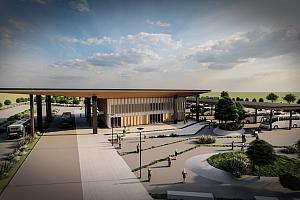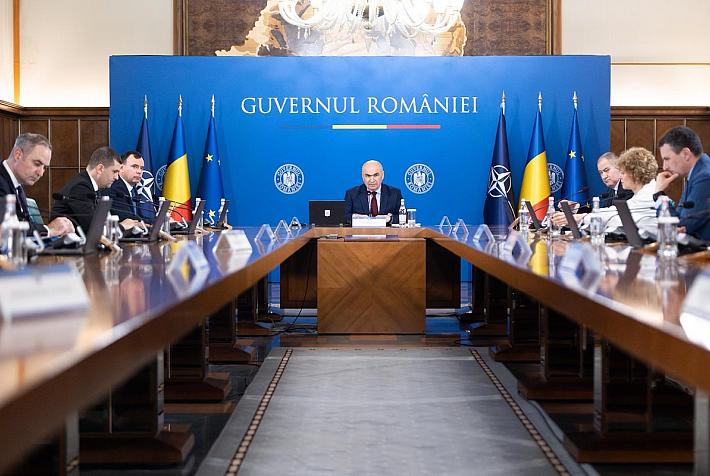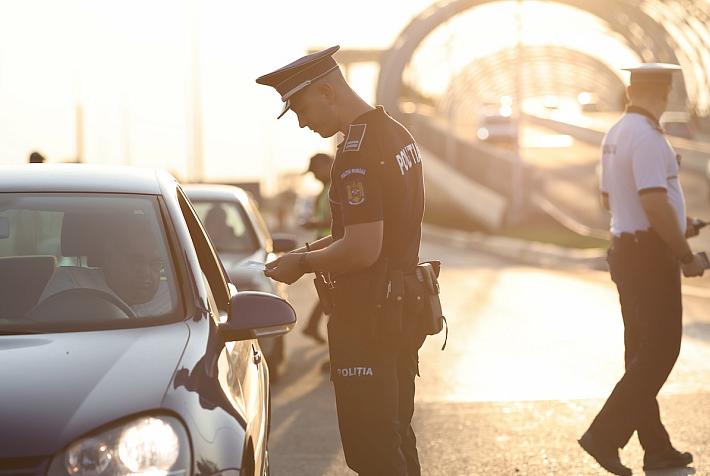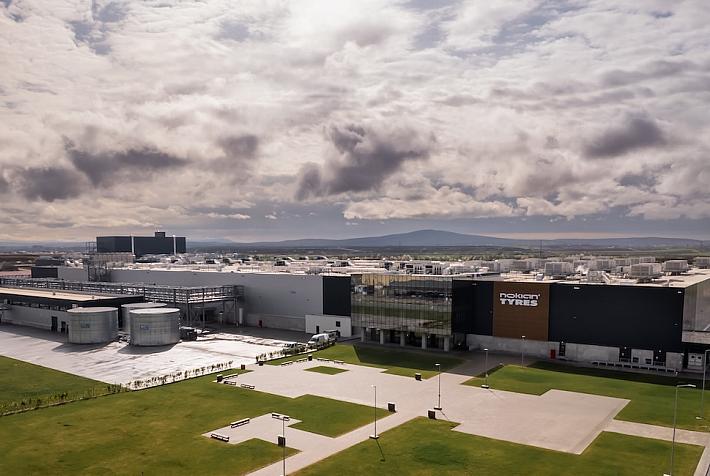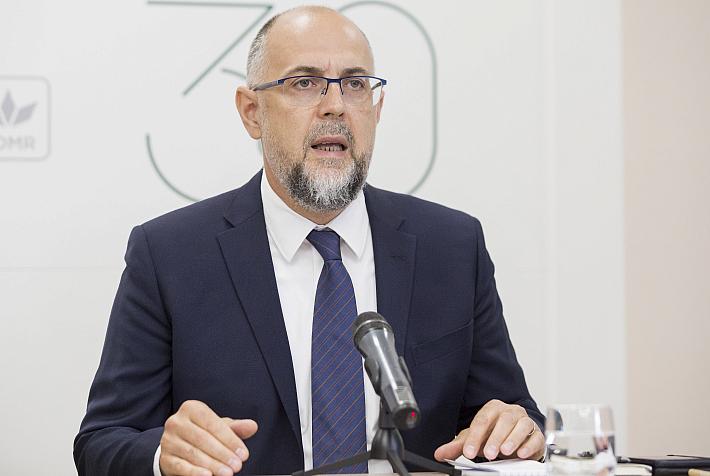The fight against climate change isn't over, Cluj mayor says
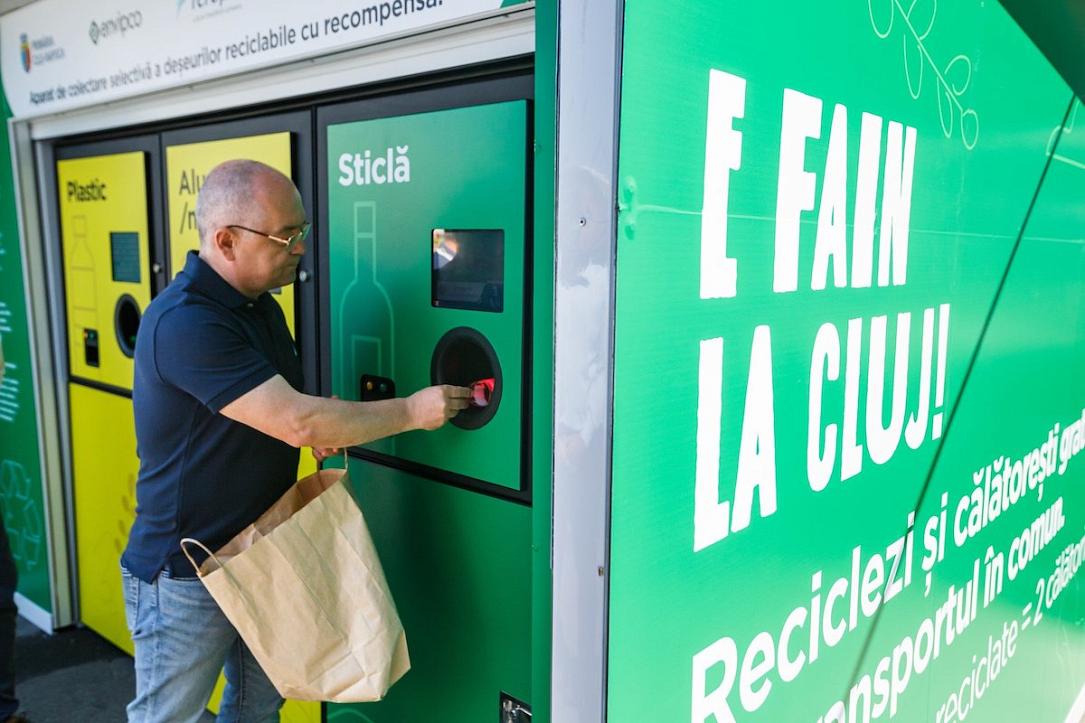
The newly established UNESCO Chair in Sustainable Development and Climate Change at Babeș-Bolyai University will help the local authorities outline appropriate public policies, Cluj mayor Emil Boc said at a conference marking the opening of the department.
"This project will help us, the local government, to outline the best policies and take the right measures to prevent negative things in the city. They will happen sooner or later. We have had and will have fires, we have had and will have floods, earthquakes, unfortunately, have been and will be," the mayor said at the conference "Adaptation of local communities to climate change."
The county, which is slowly becoming one of Romania's most-populated places, is projected to house over 1 million habitants in the capital Cluj-Napoca, especially after the metro project is over. By 2028, the entire public transport fleet in the city will be non-polluting, as the local authorities plan to have 11 more electric buses and plant over 100,000 trees.
"The main sources of pollution are transport (cars, first of all), construction (through their energy consumption). We have to work on these components that we have to keep under control; otherwise, we will have a harder and harder life here on Earth, and more and more people will die from pollution," he continued.
(Photo: Emil Boc/Facebook)







